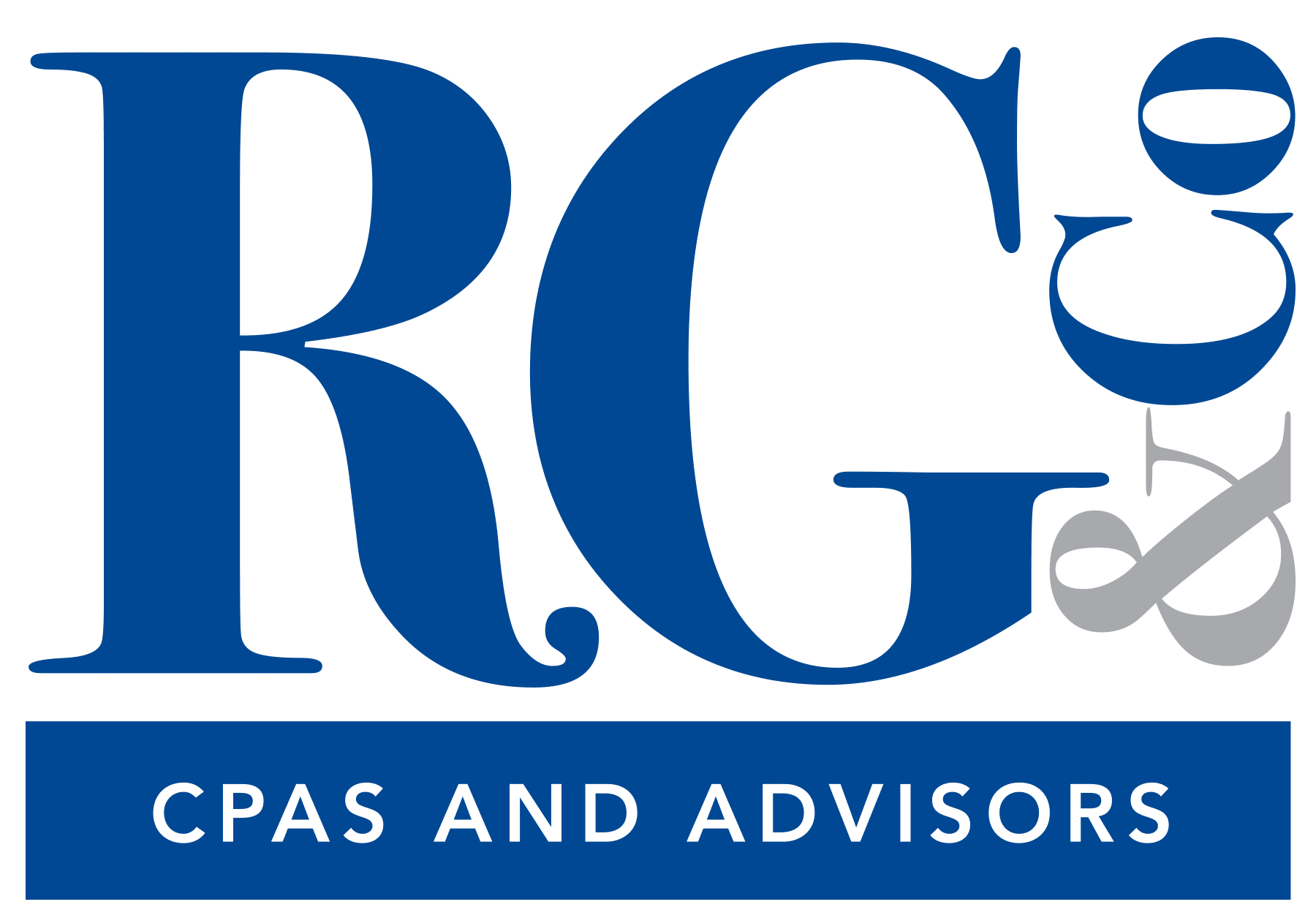- December 11, 2018
- Posted by: Rivero, Gordimer & Company
- Category: Business Advice
Managing cash flow is one of the most difficult tasks for small businesses. Collecting accounts payable and dealing with unplanned expenses can create a dire financial situation for small business owners. To help manage the uncertainty of cash flow, many owners resort to business credit cards.
Not only can small-business credit cards help with day-to-day expenditures, but it can also make it easy for small business owners to separate personal expenses from the company expenses.
In fact, it’s estimated that by 2022 small-business credit cards will account for $686 billion in annual spending. This heavy amount of spending leads to an increase in credit card interest on small business transactions.
So what are the tax implications of credit card interest? Can you write off the interest on your annual taxes? Let’s take a quick look at small-business credit cards and their implications as we approach tax season.
Credit Card Interest
In short, credit card interest on your business credit card purchases is fully deductible on your taxes. Unlike personal credit cards, if a credit card incurs business interest, it is considered a legitimate expense for business owners.
However, there are some caveats to the eligibility of the credit card transactions:
- These purchases must be related to your business
- The interest paid on the purchases must be done within the given tax year
- The interest can come in the form of late fees, ATM fees, foreign transaction fees, etc.
- If personal purchases were made, you will need documentation for those suspect deductions
The most important item above to focus on is the term “suspect deductions.”
For instance, with the holidays, many small business owners purchase gifts for their customers or leads. While this expense might not seem directly related to the business, it’s reasonable to assume those purchases qualify as marketing expenses — if it’s documented well. Make sure you document the name of the client being gifted, their relationship to your business, the date of the gifting, and any other details that you find pertinent to the purchase.
As a general rule of thumb, the more ambiguous the credit card transaction, the more documentation you need to support its business relevance.
Business vs. Personal Credit Card Transactions
Separating business and personal expenses is one of the biggest mistakes small business owners make with credit card transactions and filing taxes. Because you can only deduct interest on the transactions made specifically for your small business, you need to make sure you understand the distinction between the two.
The easiest solution to tracking business and personal use is to own and use two separate credit cards — one for personal expenses and the other for business. However, as a small business owner, there may be business expenses that overlap into personal use.
For instance, let’s say you own a pickup truck and use it to assist with your lawn care business. After all, you need transportation to reach your customers, and you need to be able to easily move your equipment.
For tax purposes, there are several considerations for the truck. Do you use it only for business transportation or also personal transportation? Is the title under your business name? How many miles do you use it for business purposes? Answering these questions will help you determine if and how much you can deduct from credit card interest used for business purposes.
Getting Ready for Tax Season
Tax Season is right around the corner, and you should not delay getting your tax plan together. Whether you do file your business taxes yourself or work with a local CPA Firm, it’s important to get started as soon as possible.
With regard to credit card interest, you should be able to find the accrued interest directly on your business credit card statements. If you have a business credit card that is used entirely for business purposes, then the process is straight-forward.
If you have a business credit card that you also use for personal or are not confident that you separated purchases correctly, then you should hire a professional accountant to help with your tax planning and preparation. Even if you have an accountant filing your business taxes, you need to provide them with the proper documentation and details to make sure they are able to file your taxes correctly.
As a small business preparing for tax season, it’s important to understand every opportunity you have to save money on your taxes. One of those areas is with interest on your small-business credit card purchases.

